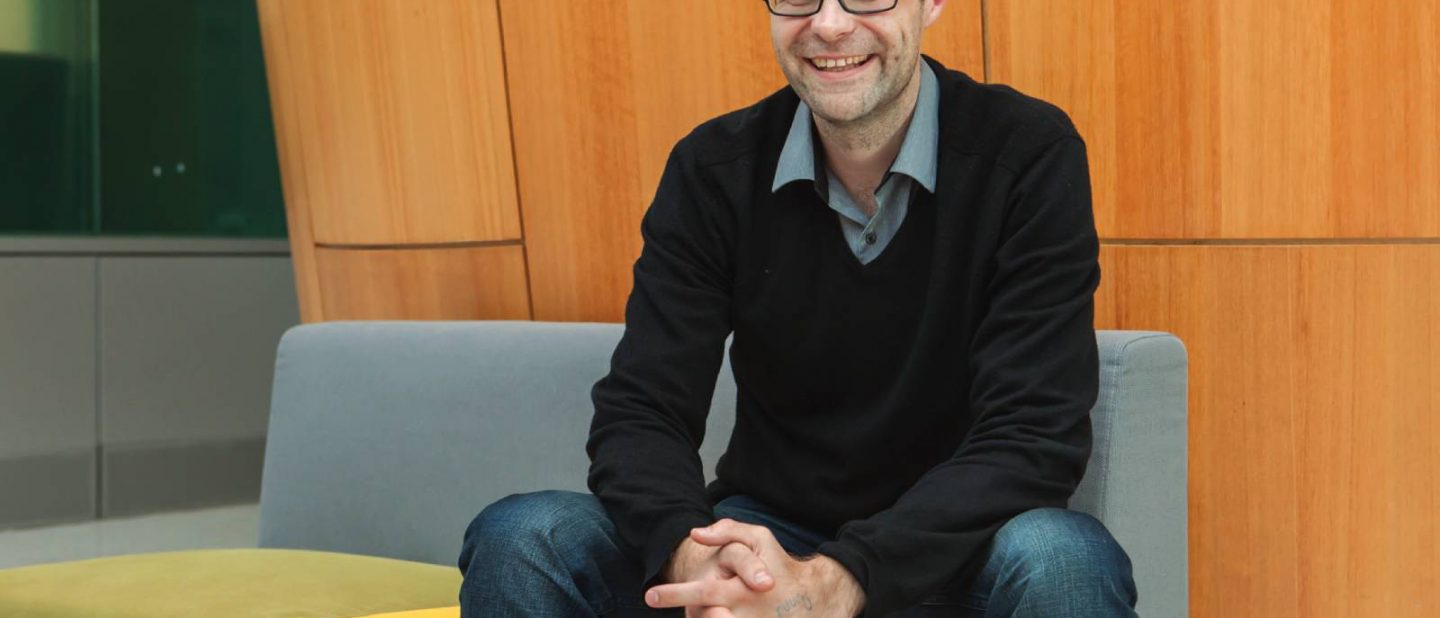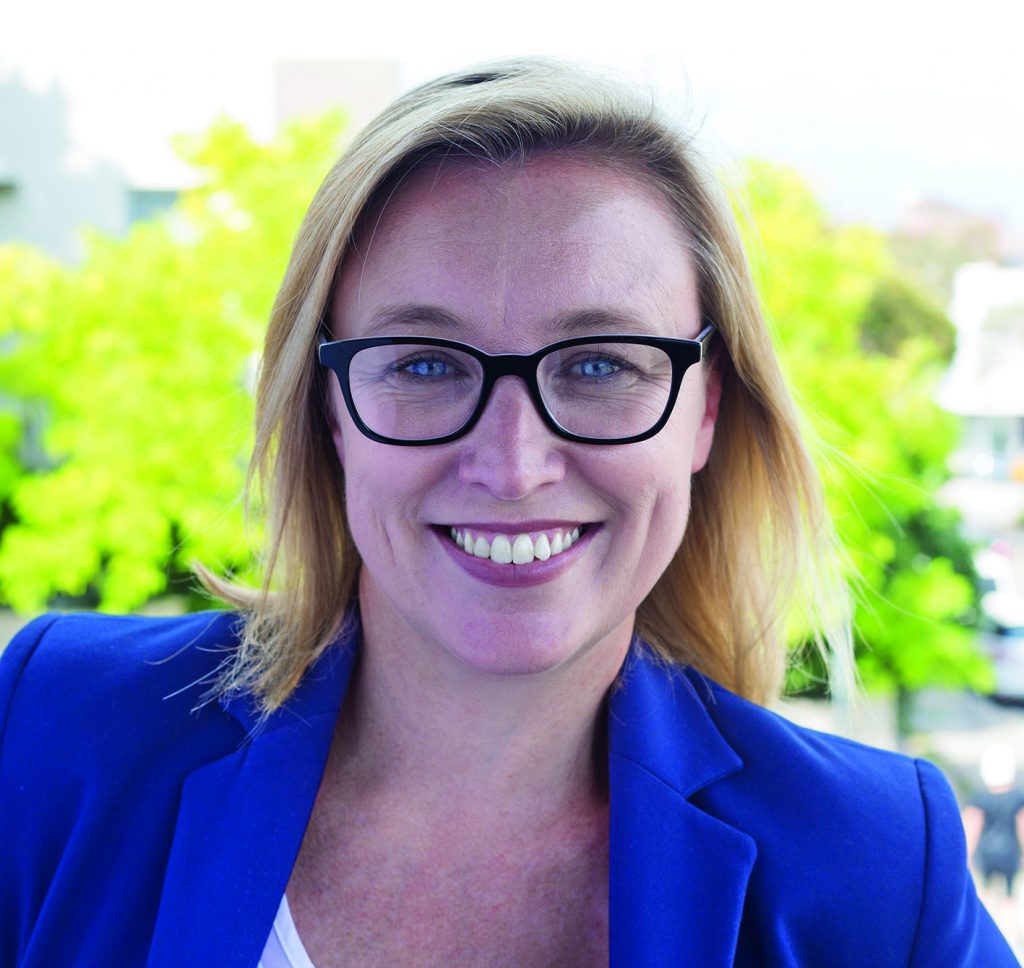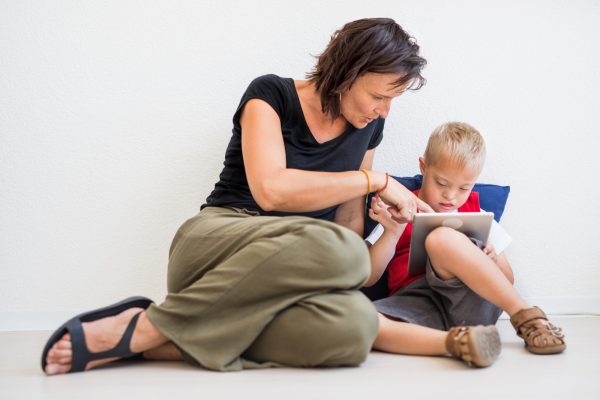
Autism: the state of play in Australia
By Rachel Williams
Clinical and political systems are not keeping up with the needs of individuals on the autism spectrum who should be benefiting more from the amazing research inroads being made into the condition.
And the general public is also being urged to take a more proactive and understanding approach to assist the more than 205,000 Australians living with the neurodevelopmental condition.
They are the main issues being dealt with by nationally respected autism researchers and advocates – with a new public awareness campaign and ongoing research ensuring that the needs of autistic people and their families are met.
Those at the forefront acknowledge that the system has drastically improved but concur that more needs to be done.
Professor Andrew Whitehouse, from the Perth- based Telethon Kids Institute, has been researching autism for 20 years and is optimistic about what will be achieved in the next few decades.
He says he’s become addicted to helping, having first encountered autism following a family friend’s diagnosis; an interaction that he says quickly changed him from being a “hedonistic teenager”.
“I watched their experience of struggling to understand why they were developing differently and to gain a diagnosis and it knocked the wind out of me,” Prof. Whitehouse recalls.
Every person experiences autism differently. Many experience difficulty with communication and interacting with others, display repetitive and different behaviours, move in different ways, have a strong interest in one topic or subject, show unusual reactions to what they see, hear, smell, touch or taste and have a preference for routines.
Professor Whitehouse has dedicated his career to researching early intervention to lessen the impact on those with autism and their families.
“Our research focus is on how to give families the best start to life we possibly can with the clinical pathway of identification, diagnosis, intervention and discovering where the gaps are,” Prof. Whitehouse explains.
“There is a uniform diagnostic process across Australia but now it’s about finding where the pain points are that provide road barriers to families.”
It’s a challenge also on the agenda of Nicole Rogerson, the founding Director and CEO of Autism Awareness Australia.
Nicole says the National Disability Insurance Scheme has been a real game-changer – especially compared to when she was navigating a system that favoured only the rich.

Nearly 30 per cent of participants in the NDIS are autistic but Nicole says the scheme is bureaucratic, cumbersome and definitely far from perfect.
“We know the smallest packages of funding are going to children under 6 and this is not acceptable. We know it’s the ‘early’ in early intervention that is so important,” she says.
“There are still massive waiting lists for diagnostic services within the public hospital system.
Parents in some locations in Australia are waiting up to 18 months to get their child diagnosed. This is a very stressful time and this wait often delays a child starting early intervention, which is critical to helping them reach their potential.
“We need to remember, little people grow up. We need to be making plans and working towards our children being as independent and happy as possible.”
That’s why Professor Whitehouse is excited about a landmark program that involves babies who have an increased likelihood of having autism because of their genetic makeup.
“Early identification and intervention is challenging. Research has told us that we can identify some children on the autism spectrum quite early in life, but our clinical and political systems are not necessarily geared up to respond quickly and proactively to referrals of children this young and so we miss those valuable years,” he says.
“We are now looking at how some children are developing differently from when they are little babies and what we can do to support areas of brain development in areas such as communication or movement abilities.
“Babies have very important steps in communication and social development in life and there might be differences right from the start with how babies communicate and so we can encourage parents with techniques to help them nurture brain development from the very first moments of life.”
Unlike many conditions where there is a clear reason why someone is born with or develops a disability, there is no one biological pathway that leads to the development of autism.
Professor Whitehouse says that should be celebrated.
“It stops us looking at simply molecules and we look at them as precious little humans to nurture and understand and help them on their extremely unique journey and that is extremely liberating,” he says.
“Twenty years ago the notion of a cure was a research goal but there has been a dramatic shift in the way researchers work and a cure is not a worthy goal anymore, because people with autism have so much to contribute to our society simply because of who they are.”
That’s the exact view of Amaze CEO Fiona Sharkie, who recently launched an Australian-first campaign titled ‘Change Your Reactions’.
The campaign promotes a more inclusive community that understands, accepts and positively engages with autistic people.
“There has never been a social behaviour change campaign to promote understanding and inclusion of autistic people in Australia,” Fiona says.
“Only 29 per cent of Australians know how to support an autistic person, but only 4 per cent of the autism community feel others know how to support them.
“Many autistic people have reported being treated harshly and judged unfairly by the public in the way they are described and how people react to them.
“In fact, 53 per cent of autistic people said they have been described as ‘naughty’ and as many as 70 per cent have been described as ‘anxious’ while a staggering 81 per cent report having been stared at by people in public.
“Worryingly, 64 per cent of autistic Australians say people actively avoid them while 59 per cent have reported being described as ‘weird’.
“It is important for Australians to remind themselves that autistic people are not disabled by their autism but mostly by how others respond to it.”
While the public is being moved towards acceptance, it is the political arena that still needs more attention.
The Senate resolved to establish a Select Committee on Autism to inquire into and report on the services, support and life outcomes for autistic people.
The closing date for submissions is April 14 but a final report isn’t expected until October 2021.
“None of the issues about autism are new or terribly difficult to work out,” Nicole says. “We need better more timely diagnostic services, we need to regulate quality early intervention, we need a National Strategy for the education of children with autism in our schools and we need better transition to work programs for adults and young people.”
It’s hoped the Amaze ‘Change Your Reactions’ campaign, which is being rolled out across regional and metropolitan television, print, radio, digital and social media, will have tangible positive impacts while those with autism wait for political will to change.
“Amaze has undertaken extensive research about what autistic people, their families and carers want the community to know about autism,” Fiona explains.
“That young boy you see in the supermarket becoming agitated at the check-out, his mother doing everything she can to stop the meltdown she knows is coming, doesn’t need you to stare or tell her that her child simply ‘needs discipline’. She needs your help.”
Australians can learn more about how they can change their reactions and pledge to support autistic people and their families in the community at www.changeyourreactions.com







